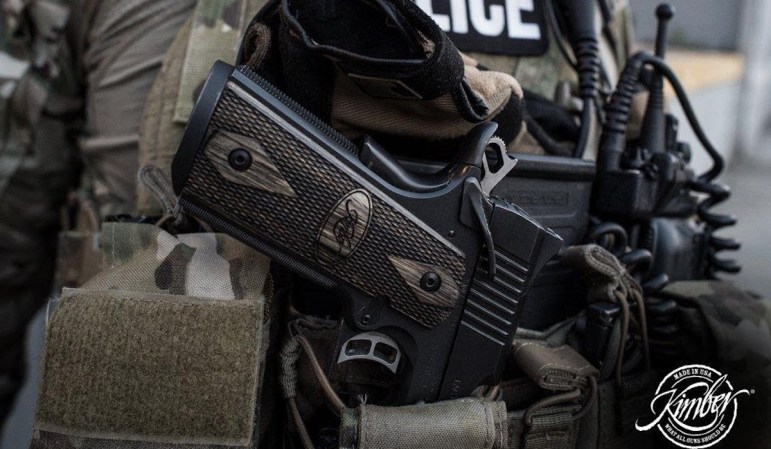U.S. Navy Lt. Cmdr. Scott Speicher was flying his F/A-18 Hornet 100 miles west of Baghdad on Jan. 17, 1991. It was just minutes into the first night of Operation Desert Storm, the U.S.-led coalition’s offensive to expel the Iraqi Army from Kuwait. Speicher’s plane was shot down that night – but by what?
He was the first American combat casualty in the war.

Speicher was listed as missing in action, presumed taken prisoner by the Iraqi Army, after being briefly listed as killed. The Pentagon didn’t actually know. The military didn’t even really know how Speicher’s Hornet had been taken down. The Navy’s initial conclusion was that Speicher was taken down by a land-based surface-to-air missile and maintained that throughout the next decade. But other American pilots operating in the area that night reported the presence of an Iraqi MiG-25.
That Foxbat’s pilot was Lt. Zuhair Dawoud, who managed to evade a large formation of attacking American planes, singling out Speicher’s Hornet and firing a R-40D missile that exploded directly beneath Speicher’s cockpit. With the plane shredded, Speicher bailed out as Dawoud turned to find another target. Speicher did not survive long.

The pilots in the air that night knew Speicher was taken down by the MiG-25 Foxbat. His aircraft crashed 48 miles south of Qadessiya, where the wreckage remained. According to “War Is Boring,” the Hornet’s digital recorder was recovered from Iraq in 1995 and confirmed the missile hit. The CIA would not confirm Speicher’s death until 2001, and even then his body had still not been recovered.
Even after the 2003 Invasion of Iraq, the U.S. military was not able to determine Speicher’s fate. Eventually, they found that he was never captured by the Iraqis but rather was buried by Bedouins who found his body after the shootdown. Marines occupying Anbar Province in 2008 found his remains and sent them back to the U.S. They were positively identified by his jawbone.


























